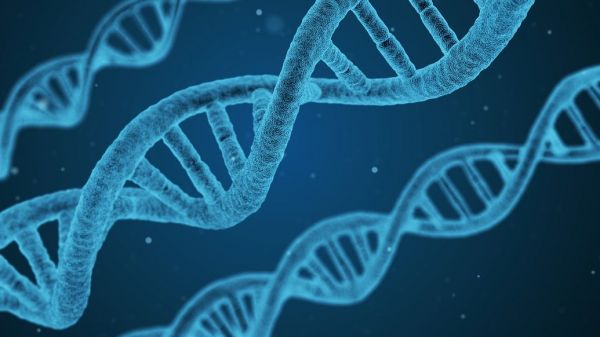Advances in Genomic Analytics are helping clinicians identify, treat, and prevent illnesses.
Since the discovery of DNA, scientists have long looked forward to the immense possibilities for humankind. James Watson and Francis Crick discovered the structure of the DNA molecule and a whole new world of discovery began. Researchers have spent decades innovating the DNA field. The field of Genomics is a branch of Molecular Biology dedicated to the structure, function, evolutions, and mapping of genomes. With the successful completion of mapping the human genome, the possibilities seem endless.
What we have seen in the DNA world is that many different disciplines have come together to create progress in the field. Data Analytics has long been a part of business and computer science. Data Analytics is the process of taking bulk or raw data and producing a conclusion about this information. Basically, Data analytics answers the question of, “What does all of this data mean?”
What is Genomic Analytics?
Genomic Analytics is the child of Data Analytics and Genomics: the process of taking raw genome data, analyzing it, and making a conclusion about what it means. The process begins with collecting the gene samples. The samples are then mapped or coded using base pairs. Once the information has been mapped out the data analytics begins. Let’s say researchers are studying cancer. Medical professionals would take samples from cancer patients. The information would then be mapped, coded, or ordered. Data analytics specialists would then study the mapped genome. These specialists go through a massive amount of information looking for patterns in commonalities with other cancer patients or shared differences with control patients.
How can Genomic Analytics Benefit us?
Genomic Analytics provides us with tremendous insight into disease and illness. By identifying which mutations or traits are shared by patients suffering from a particular illness researchers can identify which variants are relevant to the disease. By narrowing down the focus, researchers can begin work on developing disease prevention, effect minimization, early detection and, develop cures or treatments for disease. Genomic Analytics is also being used in agriculture and nutrition allowing nutritionists to cater diets to your particular needs based on your DNA.
What are the challenges facing Genomic Analytics?
The biggest challenge facing Genomic Analytics is the vast amount of information that needs to be analyzed. There is a vase amount of information in each sample, but to make advances and come to conclusions, there needs to be an exceptionally large population of samples to reference. Large databases are being shared, combined, and stored to allow for this research to be effective. Comparing all this data is a monumental task. Database and analytical software are advancing to meet these challenges. With software improvements the process can be automated, and converted into easy to read, understandable reports which researchers can use to analyze, compare and research more easily.
Another challenge is privacy. Privacy concerns are a particularly important part of the medical industry. The information used in Genomic Analytics is based on real people providing biological samples. Privacy laws are in place all over the world to protect individuals and their data. Software and database advances are taking these into account to make sure the information is secure and only accessible to authorized users.
Genomic Analytics is a growing field and on the forefront of genome exploration and scientific progress combating the diseases that have plagued humans since the beginning of humankind.

